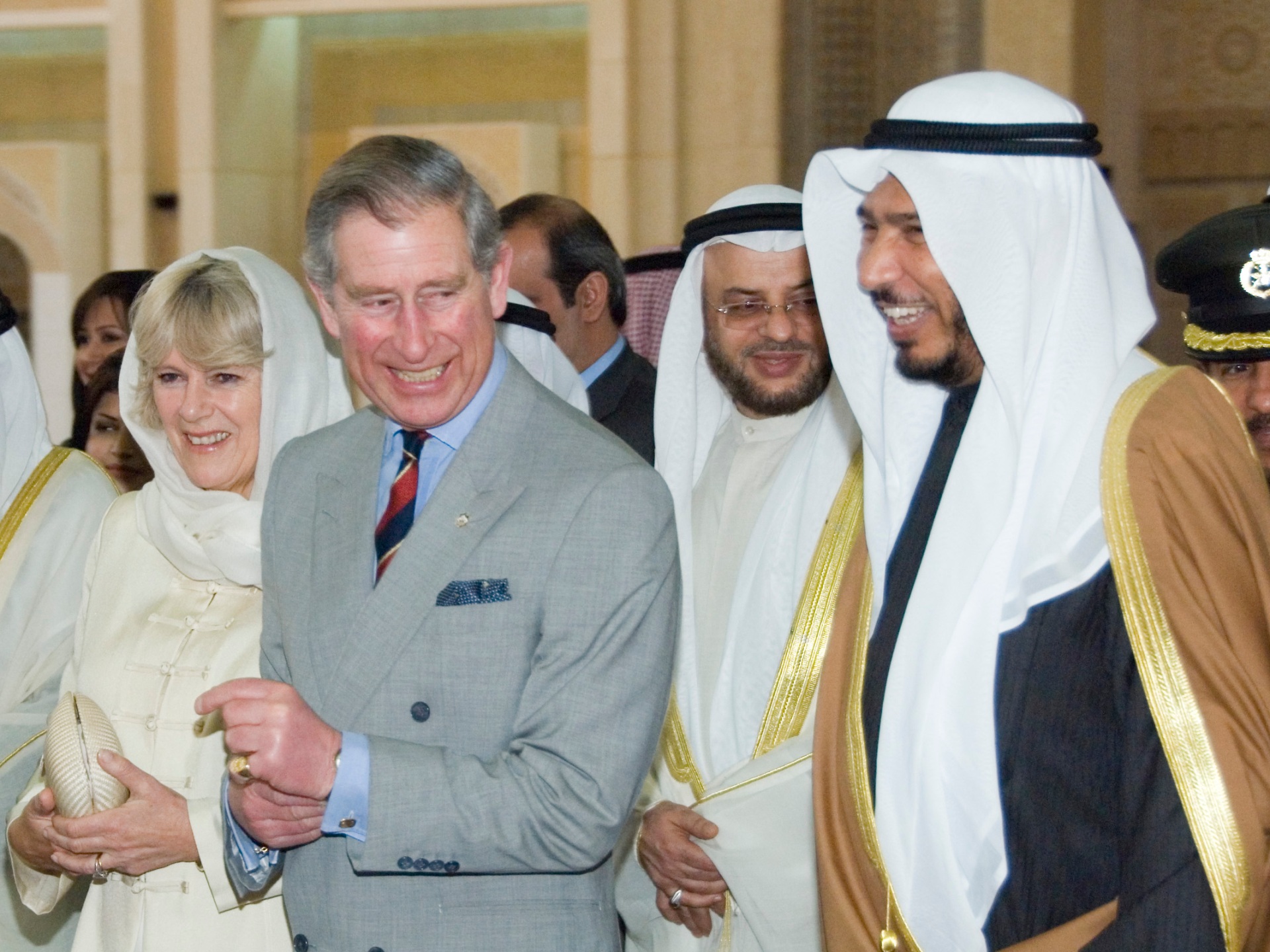
During the course of his life, the British monarch has on several key occasions expressed his views on Islam and the Muslim world.
Interest in Britain’s new monarch King Charles III has spiked since he ascended the throne on Saturday, following the death of his mother Queen Elizabeth II.
While the 73-year-old has been in the public eye for decades, much of the attention surrounding Charles has largely focused on his doomed marriage to the late Princess Diana.
However, the new British monarch has also garnered attention for his views on a number of cultural and social issues including climate change, politics and religion.
On Islam, Charles has on several occasions expressed his thoughts and has openly talked about his admiration for the Muslim religion.
Writer Robert Jobson in his book Charles At Seventy: Thoughts, Hopes and Dreams noted that the monarch studies the Islamic holy book the Quran and signs letters to Muslim leaders in Arabic.
Here are some of his thoughts on Islam and Muslims as they relate to world issues:
The environment
Charles has been an outspoken advocate on environmental issues for decades, urging world leaders to seek immediate and long-term solutions to climate change.
In a speech at the Oxford Centre for Islamic Studies in 2010, Charles said based on his knowledge of Islam and the Quran, “there are limits to the abundance of Nature”.
“These are not arbitrary limits, they are the limits imposed by God and, as such, if my understanding of the Quran is correct, Muslims are commanded not to transgress them,” Charles, a member of the Church of England, said.
Moreover, in the same speech, he added: “We share this planet with the rest of creation for a very good reason – and that is, we cannot exist on our own without the intricately balanced web of life around us. Islam has always taught this and to ignore that lesson is to default on our contract with Creation.”
Danish cartoons
During a 2006 visit to Al-Azhar University in Cairo, Egypt, Charles criticised the 2005 publication of Danish cartoons that mocked Islam’s Prophet Muhammad, calling everyone to respect others’ beliefs.
“The true mark of a civilised society is the respect it pays to minorities and to strangers … The recent ghastly strife and anger over the Danish cartoons shows the danger that comes of our failure to listen and to respect what is precious and sacred to others,” he said in his remarks.
The cartoons led to debate about anti-Muslim hatred and the limits of freedom of speech in the west.
Ramadan
At the start of the Muslim holy month of Ramadan in April, Charles said that everyone could learn “from the spirit of Ramadan”.
“Not only the generosity, but also abstention, gratefulness and togetherness in prayer which will give great comfort to many across the world,” he said in a statement.
“The generosity of spirit and kind-hearted hospitality of Muslims does not cease to astound me and I am sure that as we enter more uncertain times … the Muslim community will again be a source of immense charitable giving this Ramadan.”
Islam and the West
Charles has long advocated for bringing the Muslim world and the West closer, adding there was a lot of “misunderstanding” about Islam in the West.
“If there is much misunderstanding in the West about the nature of Islam, there is also much ignorance about the debt our own culture and civilisation owe to the Islamic world. It is a failure which stems, I think, from the straightjacket of history which we have inherited,” he said in 1993 during a much-cited speech at the Oxford Centre for Islamic Studies.
Charles warned that extremism must not be seen as a “hallmark” of Islam, and said it was “no more the monopoly of Islam than it is the monopoly of other religions, including Christianity”.







